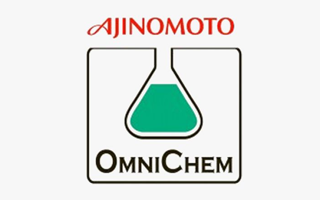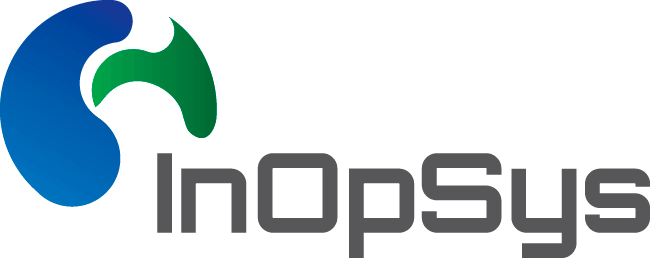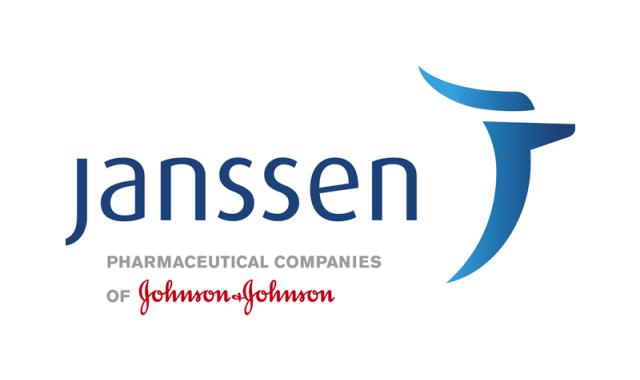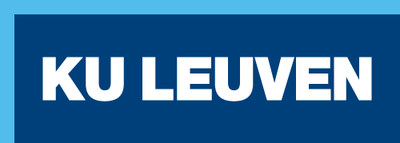Sustainable Membrane Technology-Based Solutions for Solvent-Rich Wastewater Treatment
Membrane technology is world-wide considered as a very powerful method to treat different types of waste water. However, for the treatment of the challenging, recalcitrant, salt- and solvent-rich waste waters of this project, high-performance nanofiltration membranes with sufficient solvent-resistance and/or extreme pH stability will be required. Although during the last two decades quite some research effort has taken place in this field, few applications have so far found their way to industrial implementation. This can generally be ascribed to the novelty of the technology. However, for this specific case, the multitude of requirements for the membranes mentioned above, makes the treatment extra challenging, emphasizing the limited process understanding/predictability, and high uncertainties with respect to scalability and long-term robustness.
This project aims at realising a breakthrough in this field by developing innovative, efficient and economic membrane-based technology solutions for the sustainable treatment of these very complex solvent-rich waste waters in a holistic approach. The partners envision that the most optimal processes will be hybrid processes combining appropriate, robust membranes in synergy with powerful pre- or post-treatment (e.g. adsorption, advanced oxidation or others), allowing a (semi)-continuous on-site treatment of large volumes of waste with minimal effort. The intention is that the purified water can be processed in the existing waste water treatment plant, and, where possible, valuable compounds as precious metals can be recuperated. This will not only decrease costs, but close material loops and add to a more circular economy.
| Project type: | ICON |
| Approved on: | 26/10/2017 |
| Duration: | 01/11/2017 – 30/04/2020 |
| Total budget: | €1.520.228 |
| Subsidy: | €1.271.039 |





